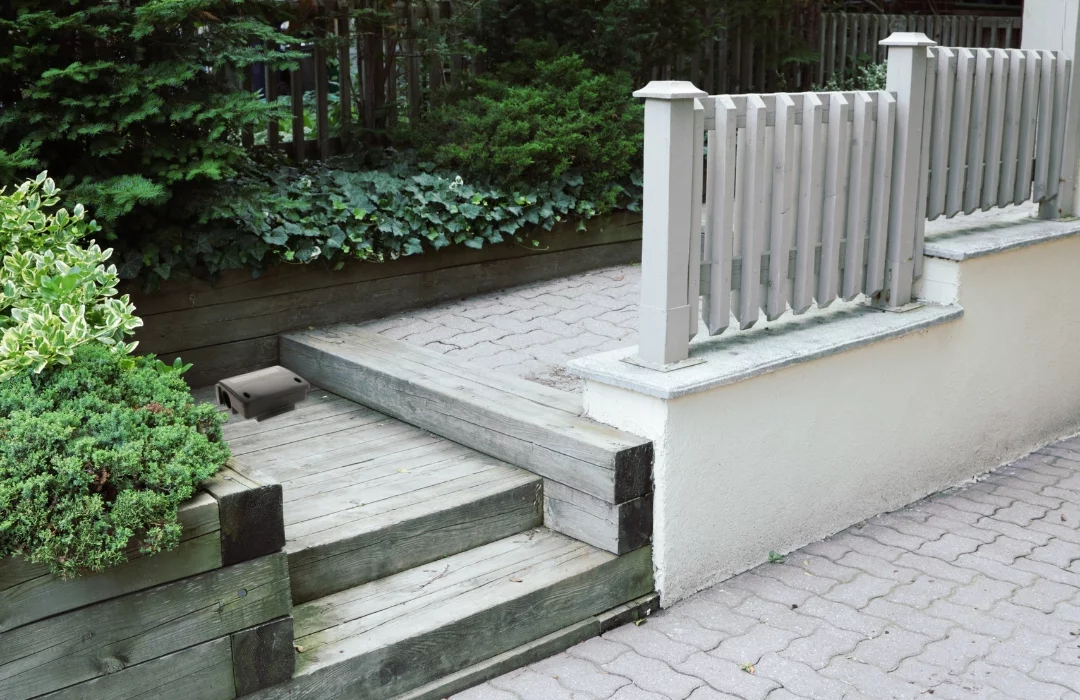"Rodents carry dangerous diseases like Hantavirus, Leptospirosis, Salmonellosis, and more, which can be transmitted directly through bites, contaminated food, or by inhaling dust from their droppings."
)
Rats and other rodents have thrived alongside humans for centuries, especially in urban areas where food and shelter are plentiful. While they may seem harmless, their presence in your home can lead to health risks, property damage, and harm to pets. Effective rodent control is crucial to protect your home and family. In this guide, we’ll explore permanent solutions for getting rid of rodents for good.
Rodents can cause serious damage by chewing through electrical wires, and insulation, and even contaminating food storage areas with urine and feces. They also carry dangerous diseases like Hantavirus, Leptospirosis, Salmonellosis, and more, which can be transmitted directly through bites, contaminated food, or by inhaling dust from their droppings. Furthermore, their constant gnawing on wires increases the risk of electrical fires. Effective rodent control prevents these hazards and protects your property, health, and safety.
If you're concerned about a potential rat infestation, it's important to be aware of key signs of rodent activity. A strong, ammonia-like odor is a common indicator, as is the noise of squeaking or scratching, especially at night. You may also notice small, shiny black droppings around your home, typically along walls, behind furniture, or in hidden areas like under the sink. Rats often leave greasy smears along their regular routes. Additionally, any unexplained damage, such as chewed electrical cords, gnawed furniture, or destroyed food packaging, signals the presence of rodents. Identifying these signs early is crucial for effective rodent control and preventing further damage or health risks.
To permanently get rid of rodents and keep them from returning, follow these essential rodent control steps:
Seal entry points: Check for any cracks, gaps, or holes in your home. Seal them with materials like steel wool, caulk, or cement to prevent rats from getting inside.
Remove food sources: Store food in rodent-proof containers, clean up fallen fruit, and cover trash bins tightly. Make sure outdoor pet food is not left out overnight.
Trim vegetation: Keep shrubs, tree branches, and limbs trimmed at least four feet away from your home to reduce access points for rats.
Eliminate hiding spots: Clear debris, old appliances, and heavy vegetation from your yard where rats may seek shelter. Store firewood off the ground and away from your home.
Use traps inside: Set traps like cage traps in areas where rats are active. These are safe for pets and children when placed correctly.
"Rodents carry dangerous diseases like Hantavirus, Leptospirosis, Salmonellosis, and more, which can be transmitted directly through bites, contaminated food, or by inhaling dust from their droppings."
Repel rats: Consider using peppermint oil or other essential oils that rats find unpleasant. This can be effective, especially when combined with other control methods.
Place bait outside: Use rat baits and poisons outside in enclosed bait stations, ensuring they are inaccessible to pets and children.
Call professionals: If the infestation persists, contact a professional pest control service for expert assistance. Their experience and tools will ensure the problem is dealt with effectively, offering long-term relief.
The duration of rodent pest control can vary depending on the extent of the infestation and the specific situation. Generally, it can take anywhere from a few days to a couple of months to fully eliminate a rodent problem. The timeline depends on factors such as the size of the infestation, the type of rodent, and the methods used for control.
In conclusion, taking proactive steps to prevent and control rodent infestations is crucial for protecting your home. By sealing entry points, eliminating food sources, and using traps or repellents, you can significantly reduce the risk of rodents. For ongoing protection, consider an annual pest control contract, which ensures regular expert visits to keep your home safe from infestations year-round.